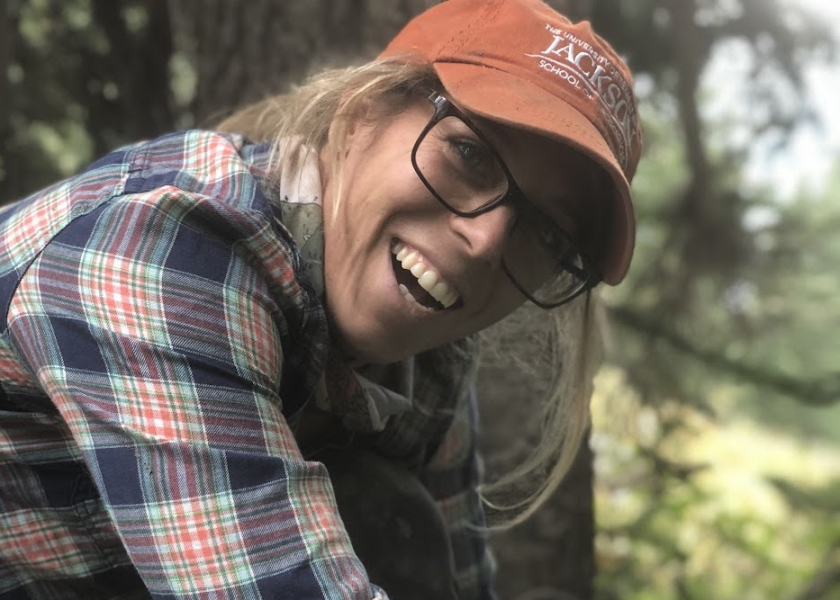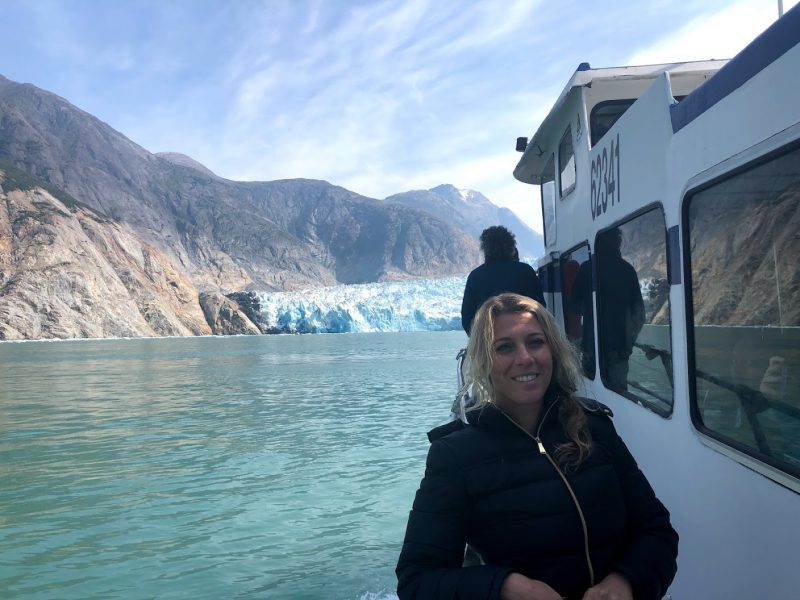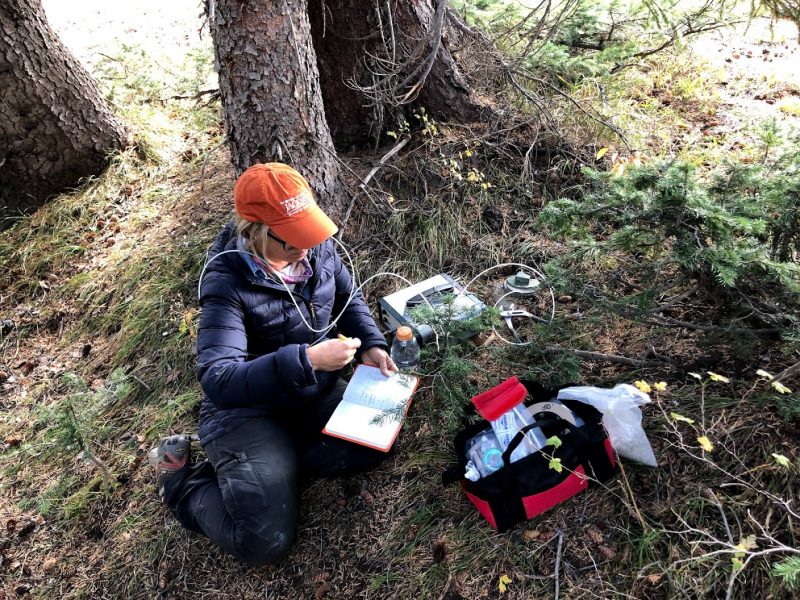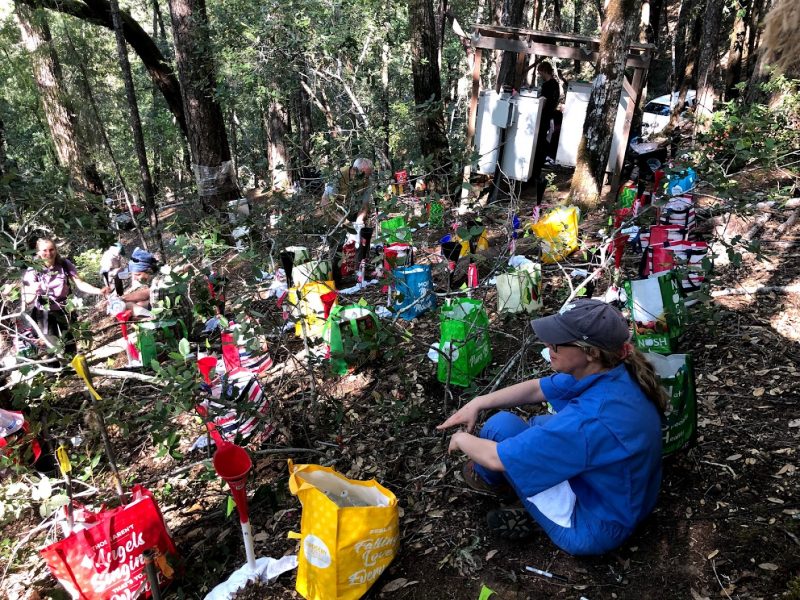Daniella Rempe Receives NSF CAREER Award
January 25, 2023
After a decade of working to better-understand drought from a plant’s perspective, future research by Daniella Rempe, an assistant professor in the Department of Geological Sciences, recently received a boost with a prestigious Faculty Early Career Development Program (CAREER) Award from the National Science Foundation.

Rempe will use the funding to expand a network of sites monitoring the critical zone —the area just below the surface —throughout the semi-arid western United States and explore the links between field measurements and satellite data.
“This CAREER grant is a big vote of confidence from the community and allows us to test ideas that came from intensive field research on the critical zone,” said Rempe. “Our data points to the deep root zone as an important factor in drought response, but additional sites as well as satellite data and hydrologic models will allow us to quantify this at larger scales.”
Michael Young, a senior research scientist at the JacksonSchool of Geoscience’s Bureau of Economic Geology, applauds the recent award. “Daniella’s research has particular importance for central Texas, in understanding how near surface soils, rocks, plants and precipitation interact with one another and influence water balance. We need this understanding to plan for future water supplies,” he said.
NSF CAREER awards are only given to faculty early in their careers, and Rempe is the third member of the Jackson School of Geosciences hydrogeological faculty to receive this award after Bayani Cardenas in 2010 and Ashley Matheny in 2021. These awards provide five years of support to scientists who not only lead advances in their academic institution but serve as role models in both research and education.
The current network of field sites spans different types of vegetation, climate, geology, and tectonic setting. In addition to the White Family Outdoor Learning Center near Austin, Rempe collects intensive below-ground hydrogeological data at the Eel River Critical Zone Observatory and at locations within the U.S. Forest Service lands. Adding to this network of sites and linking data to that from satellites could lead to more accurate forecasting of available water resources.
“With this funding, we can build predictive capacity,” said Rempe. “The Texas climate, for example, is extreme: we need to learn more about how factors like extreme temperatures or successive years of low rainfall can make a drought persist despite the arrival of rains. Measurements below ground are needed to help us test our models.”
In addition to a new research expansion, resources from the CAREER award will breathe life into Rempe’s educational plan. Rempe is working to expand educational entry points for students interested in geology and is focused on expanding opportunities in the geosciences to underrepresented groups. With buy-in from all faculty, Rempe plans to sprinkle field visits, datasets, and samples from the White Ranch throughout many undergraduate courses so that all undergraduates have exposure to a real-world hydrogeology case study. It may be that a student uses a thin section from White Ranch one year and then works with data collected from there during a different year. In addition, hydrogeology majors will do a culminating project for their senior year field camp at the White Ranch.
An important part of the CAREER award is that impact of these educational changes—especially the immersive place-based learning— will be assessed by other researchers in the Jackson School of Geosciences.
“Anecdotally, from field camp, place-based learning can connect people to the geosciences,” said Rempe. “If we incorporate new ideas into field based approaches for studying geology, we could train a new generation of students to tackle the future of central Texas water.”


